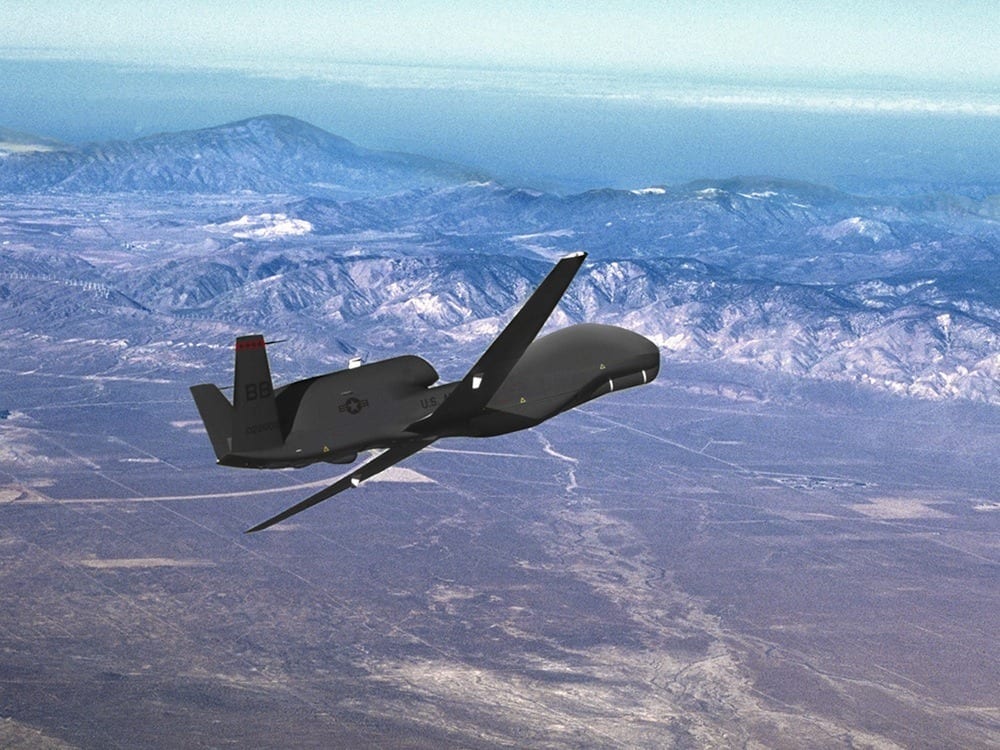
Ask one technologist and he or she might say that lethal autonomous weapons — machines that can select and destroy targets without human intervention — are the next step in modern warfare, a natural evolution beyond today’s remotely operated drones and unmanned ground vehicles.
Others will decry such systems as an abomination and a threat to International Humanitarian Law (IHL), or the Law of Armed Conflict.
The U.N. Human Rights Council has, for now, called for a moratorium on the development of killer robots. But activist groups like the International Committee for Robot Arms Control (ICRAC) want to see this class of weapon completely banned. The question is whether it is too early — or too late — for a blanket prohibition. Indeed, depending how one defines “autonomy,” such systems are already in use.
From stones to arrows to ballistic missiles, human beings have always tried to curtail their direct involvement in combat, said Ronald Arkin, a computer scientist at Georgia Institute of Technology. Military robots are just more of the same. With autonomous systems, people no longer do the targeting, but they still program, activate and deploy these weapons.
“There will always be a human in the kill chain with these lethal autonomous systems unless you’re making the case that they can go off and declare war like the Cylons,” said Arkin, referring to the warring cyborgs from “Battlestar Galactica.” He added, “I enjoy science-fiction as much as the next person, but I don’t think that’s what this debate should be about at this point in time.”
Peter Asaro, however, is not impressed with this domino theory of agency. A philosopher of science at The New School, in New York, and co-founder of ICRAC, Asaro contends robots lack “meaningful human control” in their use of deadly force. As such, killer robots would be taking the role of moral actors, a position that he doubts they are capable of fulfilling under International Humanitarian Law. That’s why, he says, these systems must be banned.
Choosing targets, ranking values
According to the Law of Armed Conflict, a combatant has a duty to keep civilian casualties to a minimum. This means using weapons in a discriminating fashion and making sure that, when civilians do get killed in action, their incidental deaths are outweighed by the importance of the military objective — a calculation that entails value judgments.
In terms of assessing a battlefield scene, no technology surpasses the ability of the human eye and brain. “It’s very aspirational to think that we’ll get a drone that can pick a known individual out of a crowd. That’s not going to happen for a long, long, long, long time,” said Mary “Missy” Cummings, director of MIT’s Human and Automation Laboratory, and a former F-18 pilot. [Drone Wars: Pilots Reveal Debilitating Stress Beyond Virtual Battlefield]
Still, a fully autonomous aircraft would do much better than a person at, say, picking up the distinctive electronic signature of a radar signal or the low rumbling of a tank. In fact, pilots make most of their targeting errors when they try to do it by sight, Cummings told Live Science.
As for a robot deciding when to strike a target, Arkin believes that human ethical judgments can be programed into a weapons system. In fact, he has worked on a prototype software program called the Ethical Governor, which promises to serve as an internal constraint on machine actions that would violate IHL. “It’s kind of like putting a muzzle on a dog,” he said.
As expected, some have voiced much skepticism regarding the Ethical Governor, and Arkin himself supports “taking a pause” on buildinglethal autonomous weapons. But he doesn’t agree with a wholesale ban on research “until someone can show some kind of fundamental limitation, which I don’t believe exists, that the goals that researchers such as myself have established are unobtainable.”
Of robots and men
Citing the grisly history of war crimes, advocates of automated killing machines argue that, in the future, these cool and calculating systems might actually be more humane than human soldiers. A robot, for example, will not gun down a civilian out of stress, anger or racial hatred, nor will it succumb to bloodlust or revenge and go on a killing spree in some village.
The Latest on: Lethal autonomous weapons
[google_news title=”” keyword=”Lethal autonomous weapons” num_posts=”10″ blurb_length=”0″ show_thumb=”left”]
via Google News
The Latest on: Lethal autonomous weapons
- The Battlefield of Tomorrow: Exploring AI in Warfareon April 30, 2024 at 9:17 am
Unlike conventional weapons systems that need ongoing human monitoring and control, autonomous weapons are meant to function independently, depending on AI algorithms to see, analyse, and react to ...
- More speed required in regulating autonomous weapons systemson April 29, 2024 at 5:00 pm
The Lethal Autonomous Weapons (LAWS) expert group of the UN Convention on Conventional Weapons (CCWUN) has been entrusted with this task under the UN umbrella. The blockade stance of Russia and a ...
- AWS 2024 Conference Launches In Viennaon April 29, 2024 at 10:38 am
The international conference Humanity at the Crossroads: Autonomous Weapons Systems and the Challenge of Regulation (AW ...
- Lethal AI Weapons Are on the Rise. What’s Next?on April 29, 2024 at 5:00 am
The development of lethal autonomous weapons (LAWs), including AI-equipped drones, is on the rise. The US Department of Defense, for example, has earmarked US$1 billion so far for its Replicator ...
- Listen up, UN: Soldiers aren’t fans of killer robotson April 17, 2024 at 3:00 am
Surprisingly, people serving in the US military are less likely than the general public to support using unmanned vehicles in military operations, even when doing so could save soldiers’ lives.
- The Countries With the Biggest Opposition to Killer Robotson April 12, 2024 at 5:00 pm
The Netherlands deployed its first lethal autonomous weapons last year, according to the military and intelligence trade journal Janes. The move marks the first time that a NATO army has ...
- Autonomous weapons systems: Welcome to the dark side of artificial intelligenceon April 1, 2024 at 5:00 pm
AWS have also been referred to as lethal autonomous weapons systems or killer robots. They range from armed drones and unmanned aerial vehicles (UAVs) to ground-based robots and naval vessels.
- Futuristic weapons: laser guns and shockwaves hint at killer robotson February 7, 2024 at 4:44 pm
Technological advancements and convergence have led to the development of systems that are close to becoming lethal autonomous weapons. Commonly known as killer robots, they are causing growing ...
- EDITORIAL: Global rules must restrict AI-driven weapons before they start to killon February 5, 2024 at 5:59 am
Such AI-driven weapons are referred to as lethal autonomous weapon systems (LAWS), also known as killer robots. The use of AI on the battlefield is described as “the third military revolution ...
- Artículos sobre Lethal autonomous robotson April 27, 2023 at 4:59 pm
AI is going to fundamentally transform how nations wage far. By failing to address it, the defence review leaves Australia unprepared for the future of war. The technology exists to build ...
via Bing News










